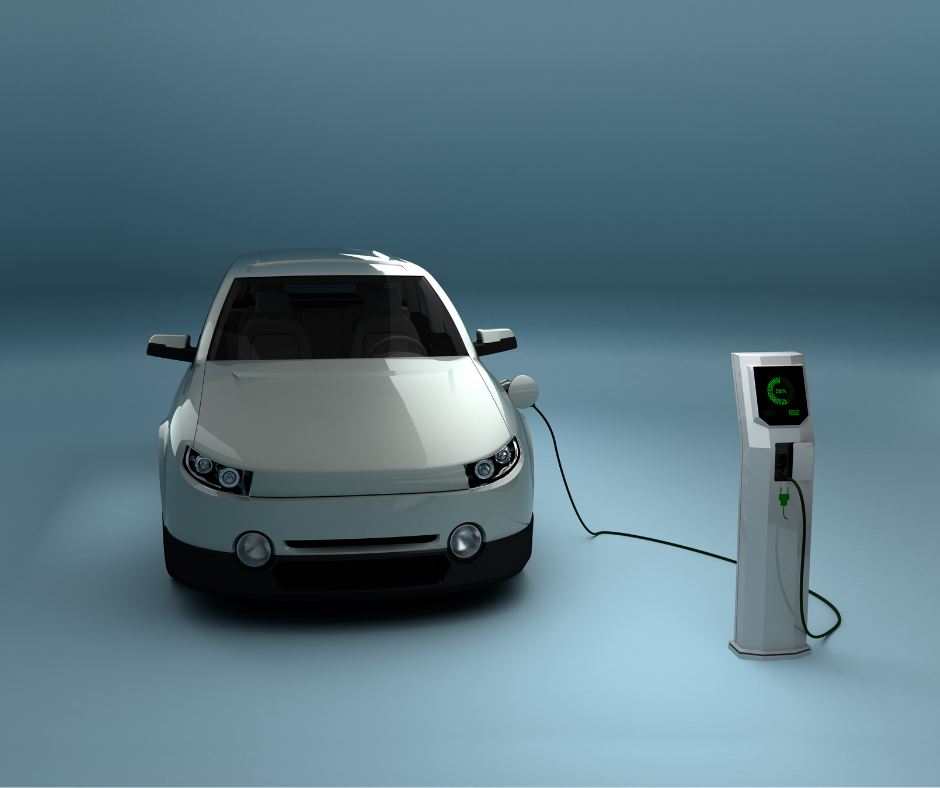The Electrifying Rise of Electric Cars in India

In recent years, the automotive industry in India has witnessed a paradigm shift with the growing popularity of electric cars. As the world seeks cleaner and more sustainable transportation solutions, the Indian government and consumers alike are embracing electric vehicles (EVs) as a key solution to combat climate change and reduce pollution. This article explores the electric car revolution in India, highlighting its benefits, challenges, and the roadmap for a greener future.
1. Government Initiatives:
The Indian government has taken significant steps to promote the adoption of electric cars in the country. Various policies and incentives have been introduced to encourage manufacturers and consumers to embrace EVs. Some of the key initiatives include tax benefits, subsidies, and incentives for manufacturers to set up EV production facilities. Additionally, the FAME (Faster Adoption and Manufacturing of Electric Vehicles) scheme aims to accelerate the widespread adoption of electric vehicles and enhance charging infrastructure.

2. Environmental Advantages:
One of the primary reasons behind the surge in interest in electric cars is their eco-friendly nature. Electric vehicles produce zero tailpipe emissions, reducing air pollution and improving urban air quality. India, being home to some of the most polluted cities in the world, stands to benefit greatly from the widespread adoption of electric cars. Reduced greenhouse gas emissions will also play a crucial role in India’s commitment to meeting its climate change targets.
3. Cost Efficiency:
While the upfront cost of electric cars may be higher than traditional internal combustion engine vehicles, the overall cost of ownership tends to be lower in the long run. Electricity is generally cheaper than petrol or diesel, leading to lower running costs for EVs. Moreover, electric cars have fewer moving parts, resulting in reduced maintenance expenses.
4. Technological Advancements:
The advancement in battery technology has been a game-changer for electric vehicles. Batteries have become more efficient, compact, and affordable over the years. This progress has significantly increased the driving range of electric cars and reduced the charging time. As battery technology continues to evolve, electric cars will become even more accessible and practical for Indian consumers.
5. Charging Infrastructure:
A robust charging infrastructure is critical to the success of electric vehicles. India has witnessed considerable progress in this regard, with several public and private entities investing in charging stations across the country. Government initiatives have also encouraged businesses to set up charging infrastructure at commercial establishments, public places, and highways, making EV charging more accessible.

6. Challenges:
While the growth of electric cars in India is promising, several challenges must be addressed to ensure a smooth transition to electrified mobility. Range anxiety, or the fear of running out of charge during long journeys, remains a concern for some potential buyers. The government and private players must continue to invest in expanding the charging infrastructure to alleviate this concern.
Additionally, the affordability of electric cars for the masses remains a challenge. While incentives and subsidies have helped reduce costs, further collaboration between the government and manufacturers is essential to bring down the initial purchase price of EVs.
7. Future Outlook:
The future of electric cars in India is undeniably bright. As technology advances and economies of scale kick in, electric cars are likely to become more affordable and accessible to a broader segment of the population. The Indian automotive industry is already witnessing increased participation from established and new EV manufacturers, resulting in a diverse range of electric vehicles catering to different consumer needs.
Conclusion: Electric cars have emerged as a powerful disruptor in India’s automotive landscape. They offer a cleaner, greener, and more sustainable alternative to traditional petrol and diesel vehicles. With the support of government policies, technological advancements, and a growing charging infrastructure, electric cars are well on their way to becoming a mainstream mode of transportation in India. As the nation strives for a cleaner and healthier future, electric cars are set to play a pivotal role in transforming India’s mobility and driving it towards a greener tomorrow.